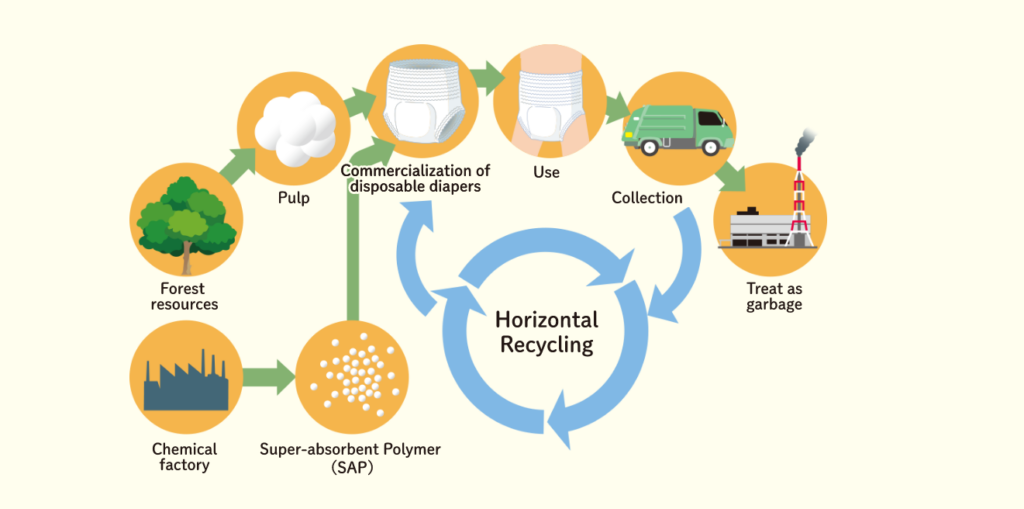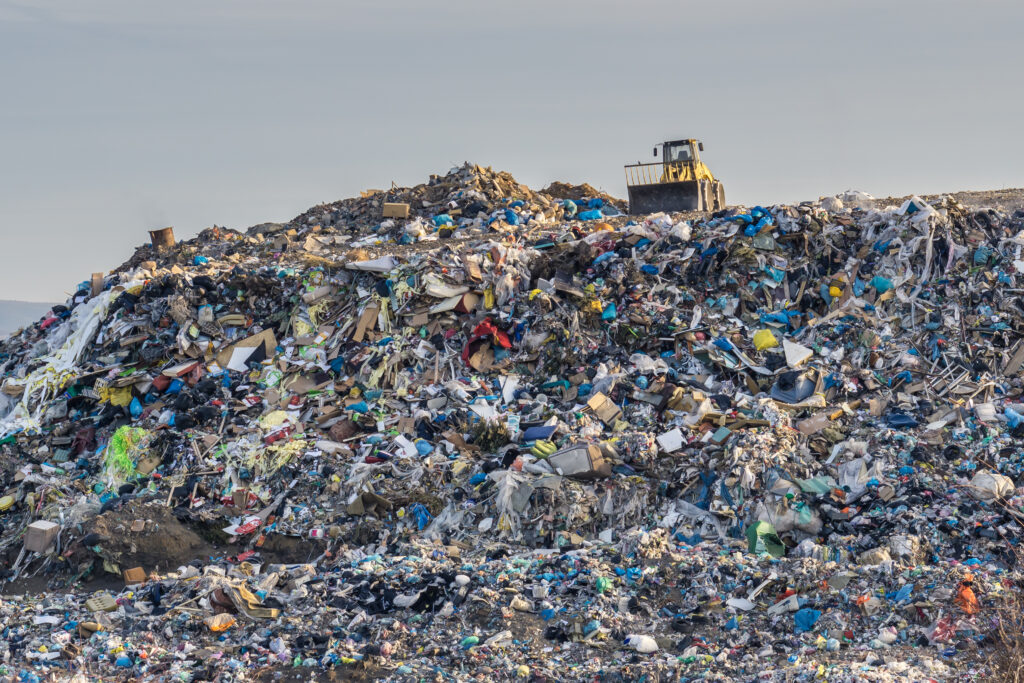Some of the largest shipping companies have announced in recent days that they will divert away from the Red Sea following a rise in the number of attacks on vessels in the region.
The route is important as it leads to the Suez Canal from the south which is the fastest shipping route from Europe to Asia. To bypass it, ships would have to opt for significantly lengthier routes, such as navigating around the southern tip of Africa.
The potential for lengthier shipping times and the subsequent impact on cost was an issue raised by recyclers in the aftermath of the attacks.
One recycler said shipping companies have already been trying to push through price increases, and the latest update could see them “imposed”.
This could particularly impact deep sea exports of fibre, metals and also potentially textiles where recyclers are reliant on shipping.
Data published by Xeneta, an ocean and air freight analytics platform, show spot rates in the ocean freight shipping market spiked by 20% since Friday after several shipping liner companies announced they are avoiding the Red Sea amid the attacks.
‘Too early’
Paul Sanderson, chief executive of the Recycling Association has urged caution saying it is “too early to tell at the moment.”

He said: “From a macroeconomic perspective, this could make it more difficult for global economies to recover if it causes fuel and the price of goods to rise.
“Much will also depend on whether the cost of shipping gets higher as a result of longer journey times, and higher insurance premiums. This could also mean higher costs for exporters of recycled materials.
“However, we are still at the early stages of this situation, and until we know more, it might be that the impact is minimal or has no impact at all.”
He added: “At the moment it looks like some shipping lines are avoiding the Red Sea, and that inevitably means longer journey times and higher costs. Insurance premiums are also rising for using the Red Sea. But this international task force to protect shipping lines could have an impact and mean the disruption soon ends. We’ll have to wait and see what happens.”
Quiet
This sentiment was also echoed by Alan Wheeler of the Textile Recycling Association. Textile recyclers rely on export markets for the majority of used clothing.
He said: “The reality is that December is a very quiet month for shipping goods in our trade as the last shipments needed to have been sent out a number of weeks ago to get to their destination in time for Christmas. Shipping will start picking up again in the new year. At which point if this matter is still ongoing it could affect trade going into East Africa, the sorting hub in Dubai and items being shipped further East into Pakistan.”
Not only will this add up to 10 days sailing time, it will cost up to $1 million extra in fuel
- Peter Sand, Xeneta
Rates
Peter Sand, Xeneta’s chief analyst, explained that the region is “essentially in a war situation because it is too dangerous for many vessels to sail through the Red Sea and therefore also the Suez Canal, which is the major artery for world trade”.
He added: “Ships are now being re-routed via the Cape of Good Hope, but not only will this add up to 10 days sailing time, it will cost up to USD 1 million extra in fuel for every round trip between the Far East and North Europe.
“There is capacity in the market, but it will come at a cost, and we could see ocean freight shipping rates increase by 100%. This is a cost that will ultimately be passed on to consumers who are buying the goods.”










Subscribe for free